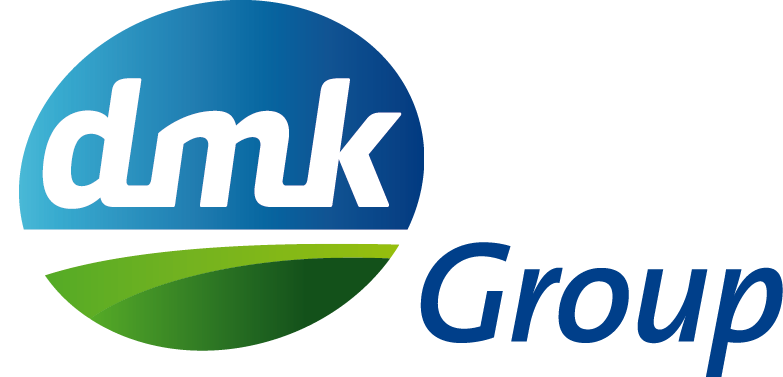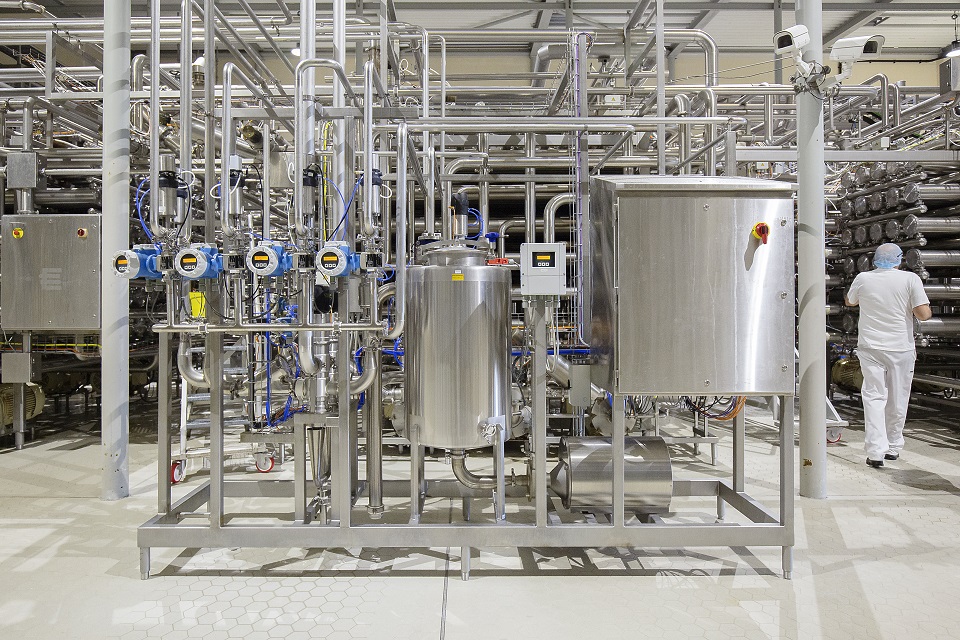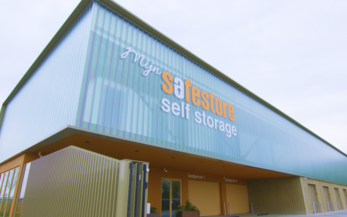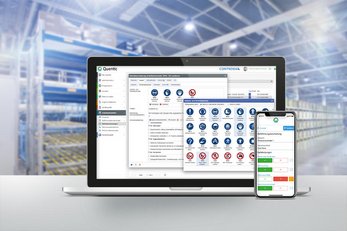7 minutes
Weaknesses, no matter how small in the management of hazardous chemicals can lead to unsafe situations and create an avoidable environmental impact. Inefficient bureaucratic processes, outdated safety data sheets, obsolete work instructions for machinery, unending search for up-to-date documents for the external auditor – are all in the past for the DMK Group. Since 2012, the dairy company has relied on the Quentic software platform and thus ensured compliance with the food industry’s strict standards in relation to sustainability, quality, and occupational safety.





